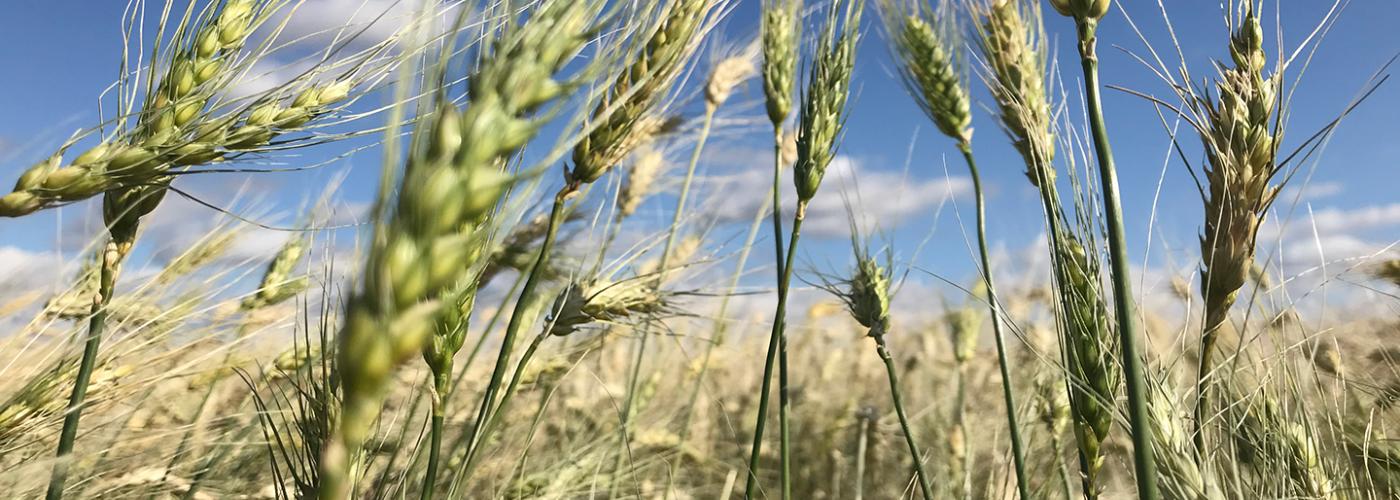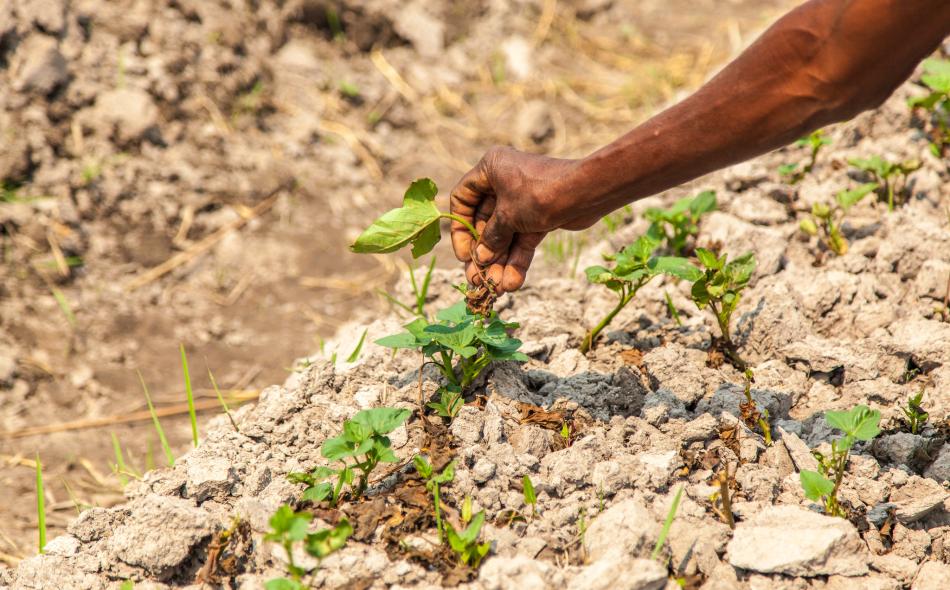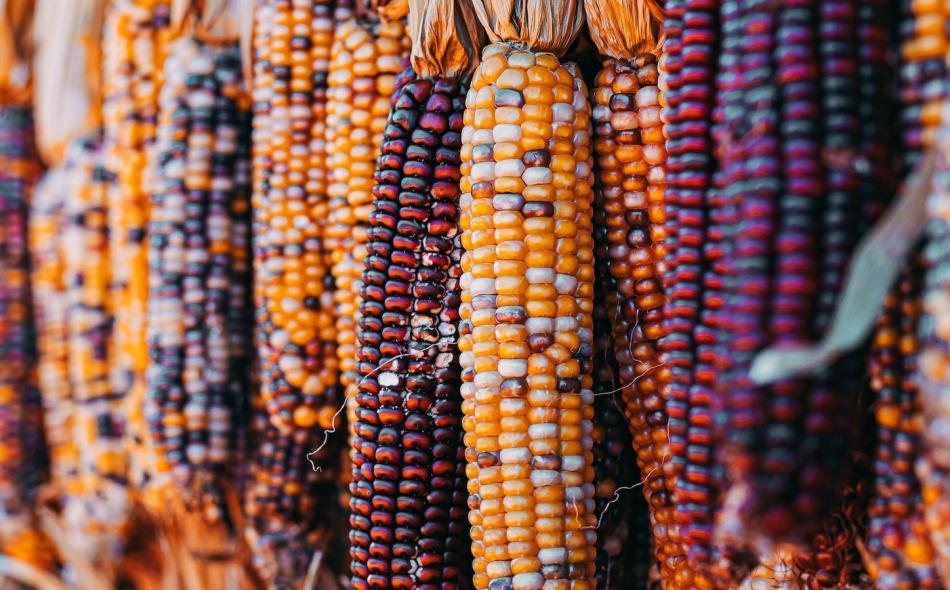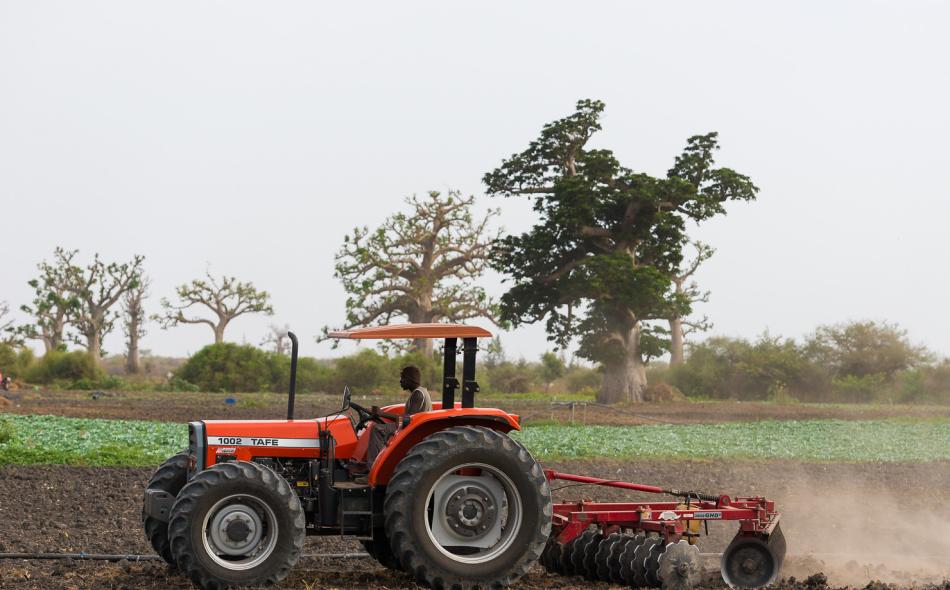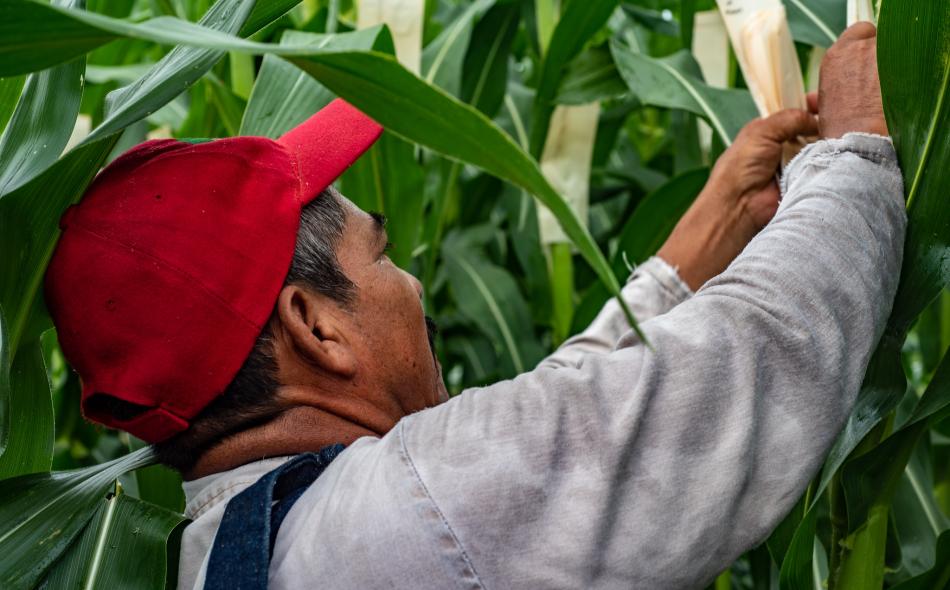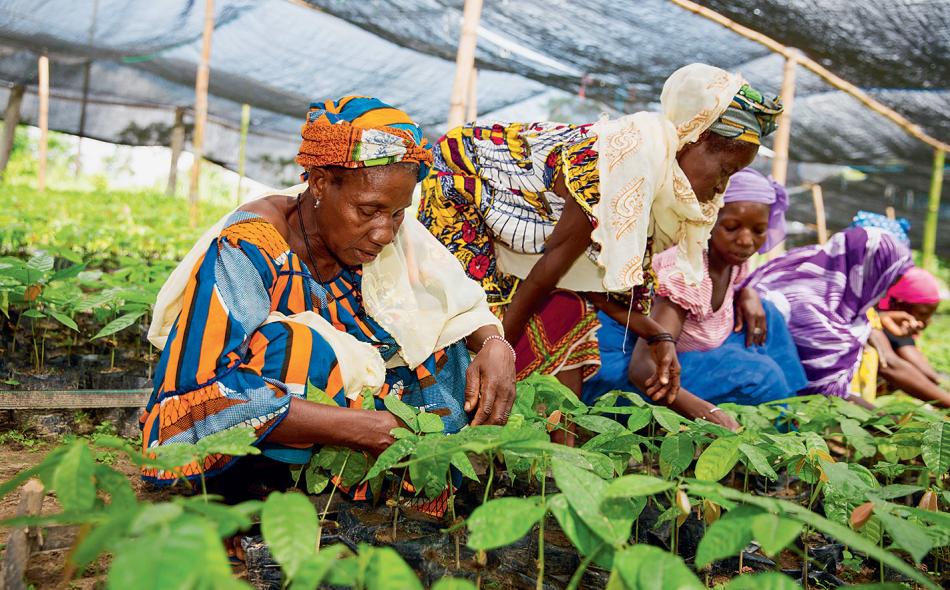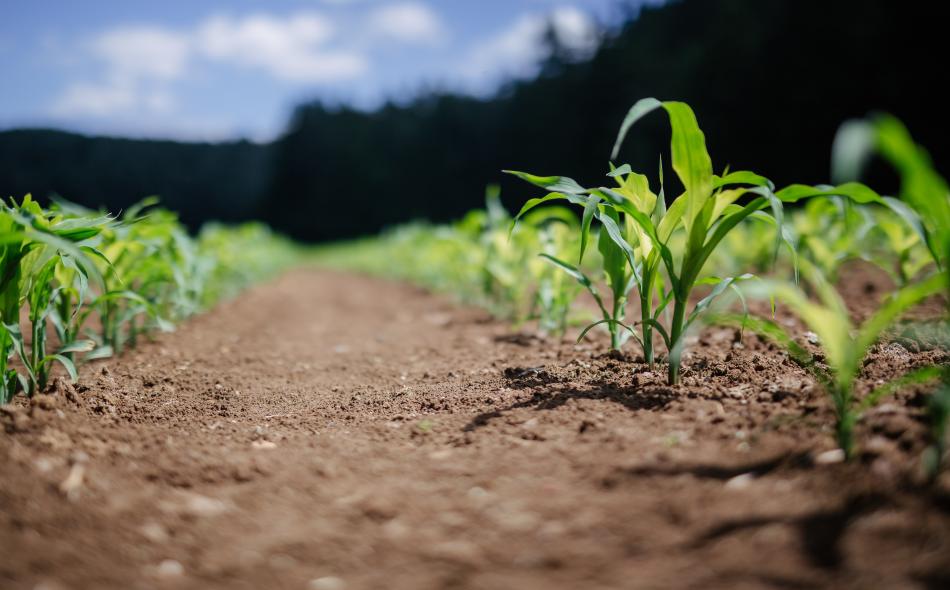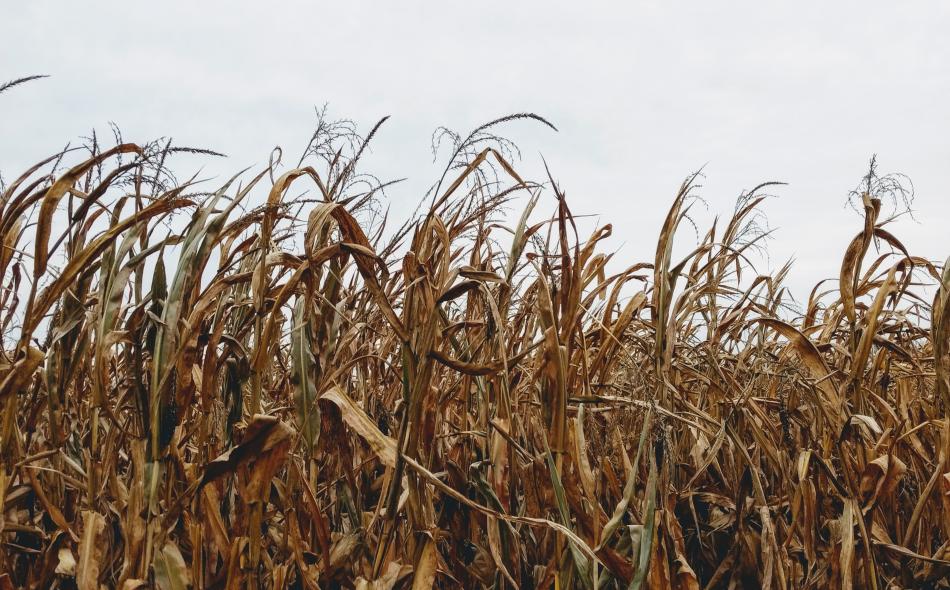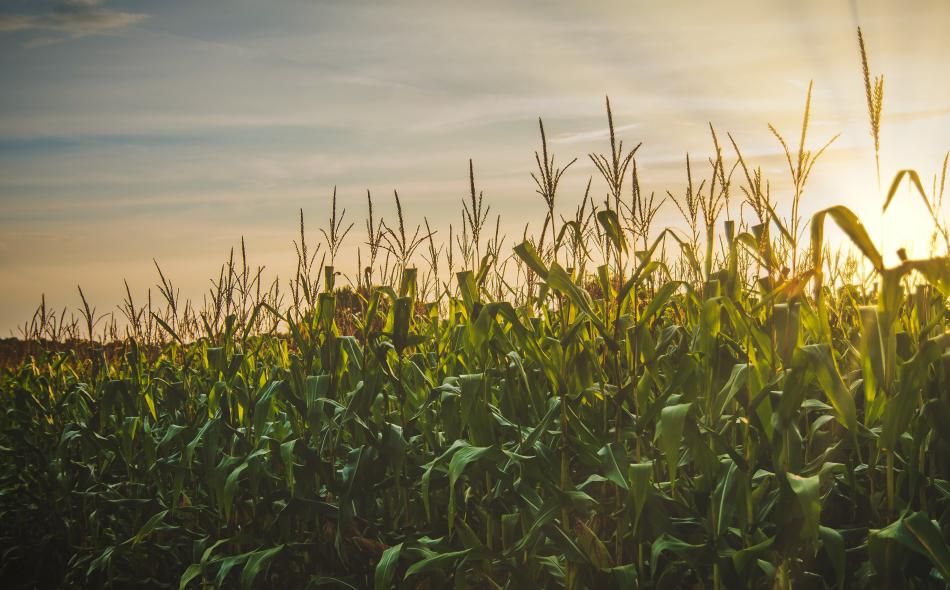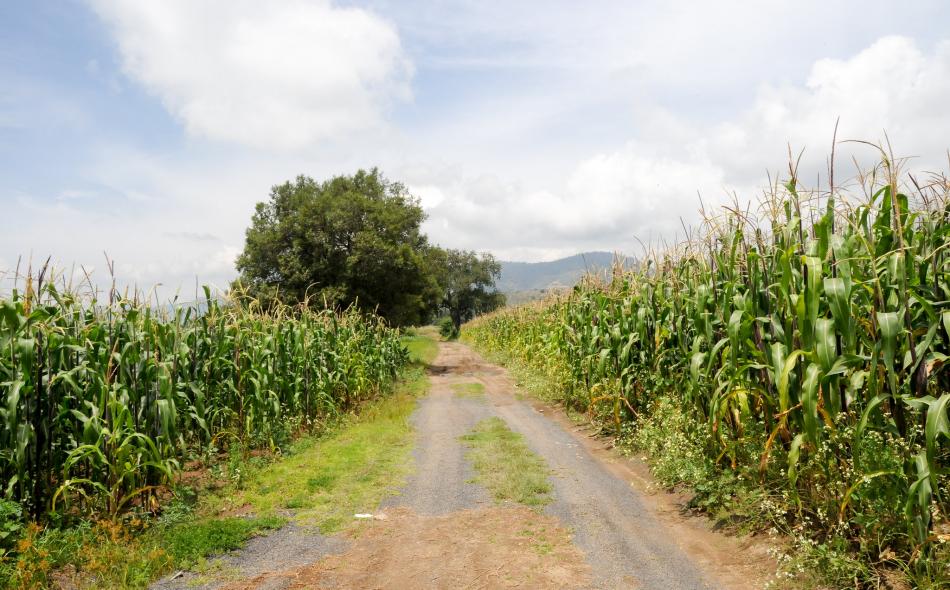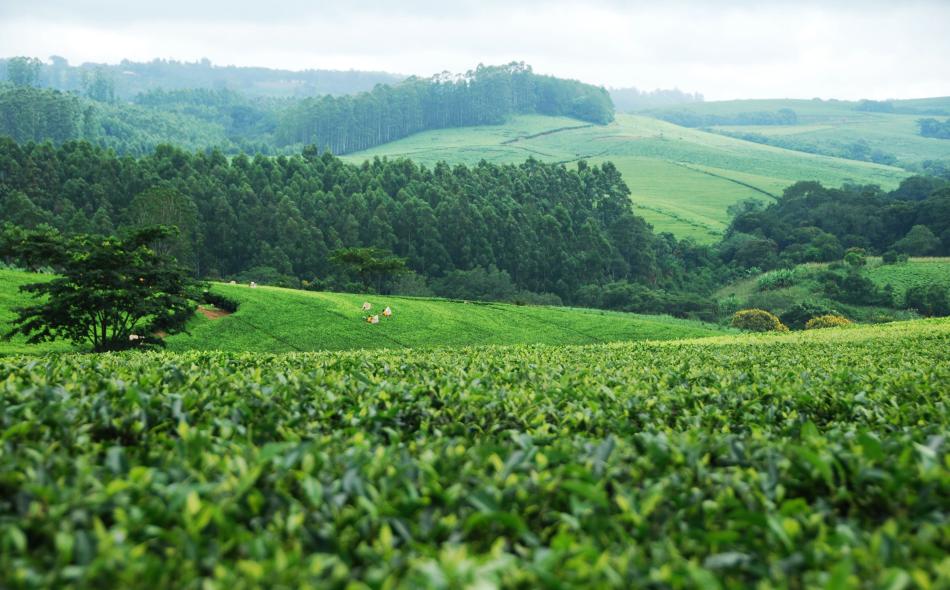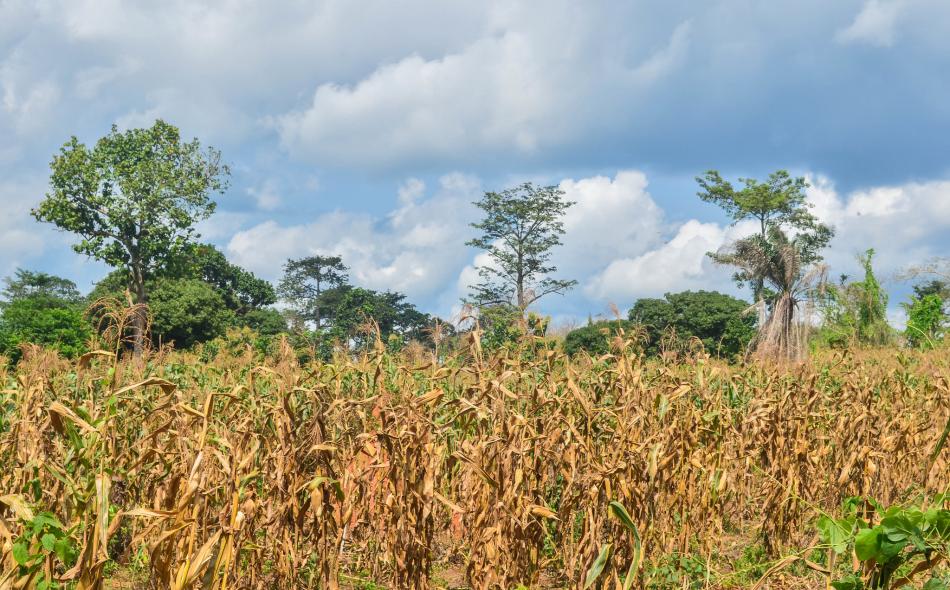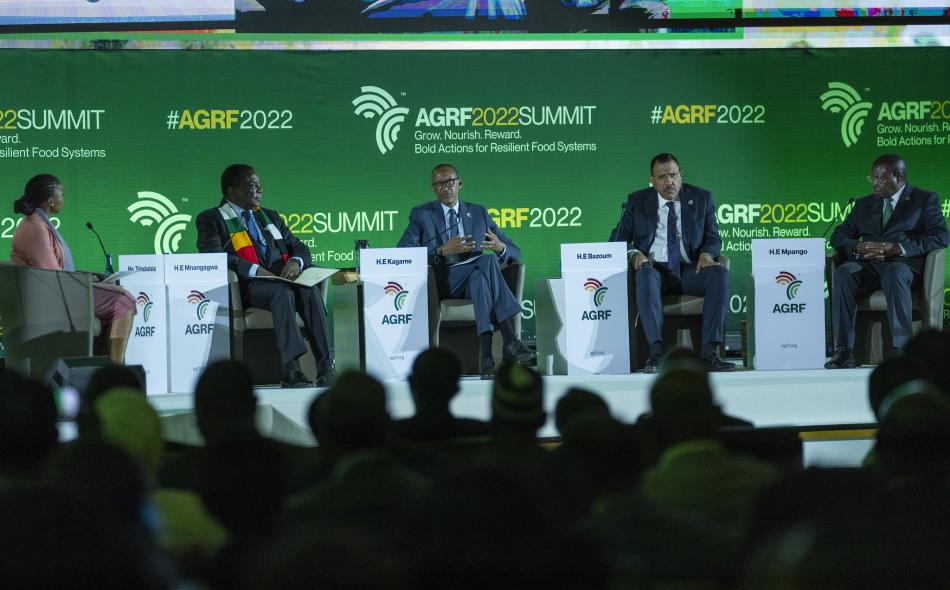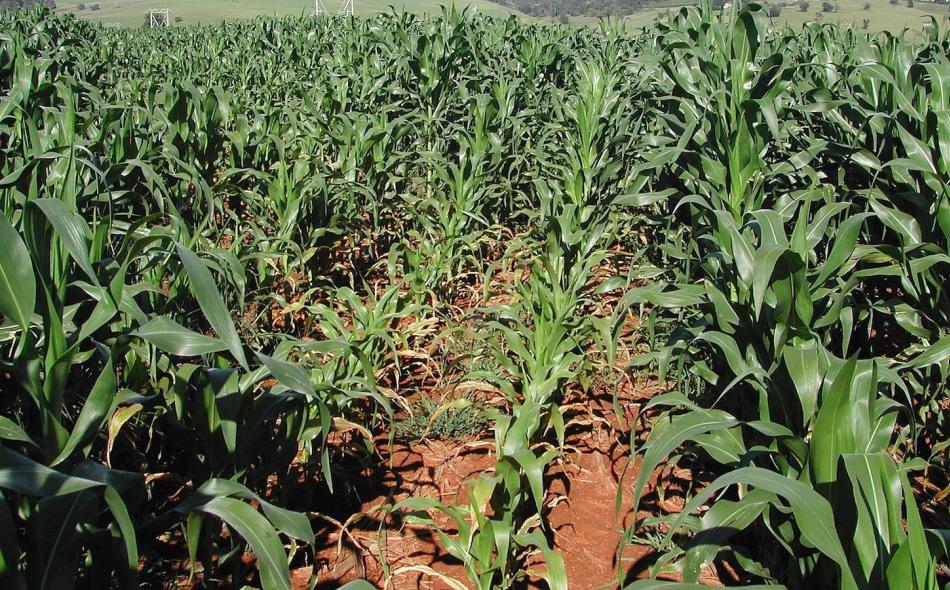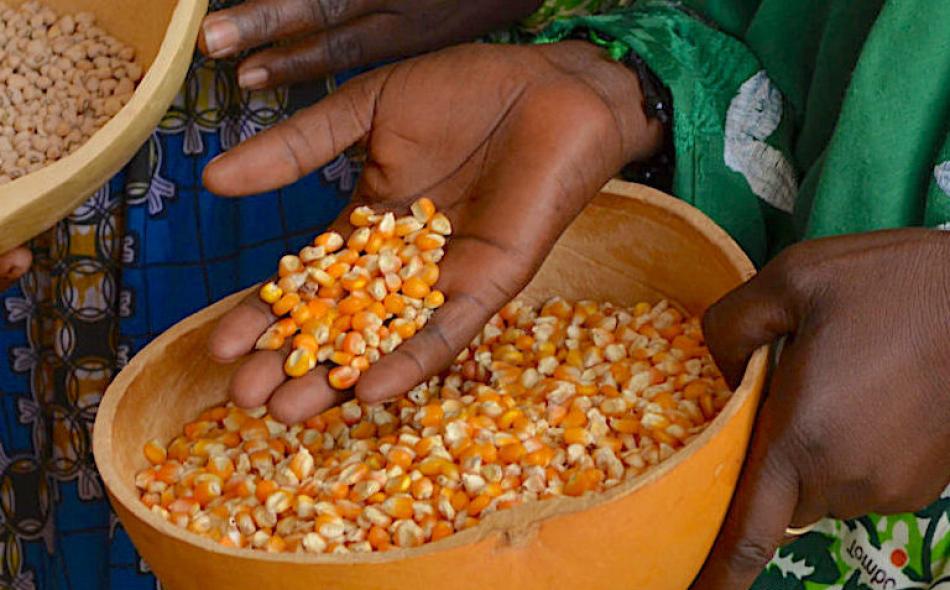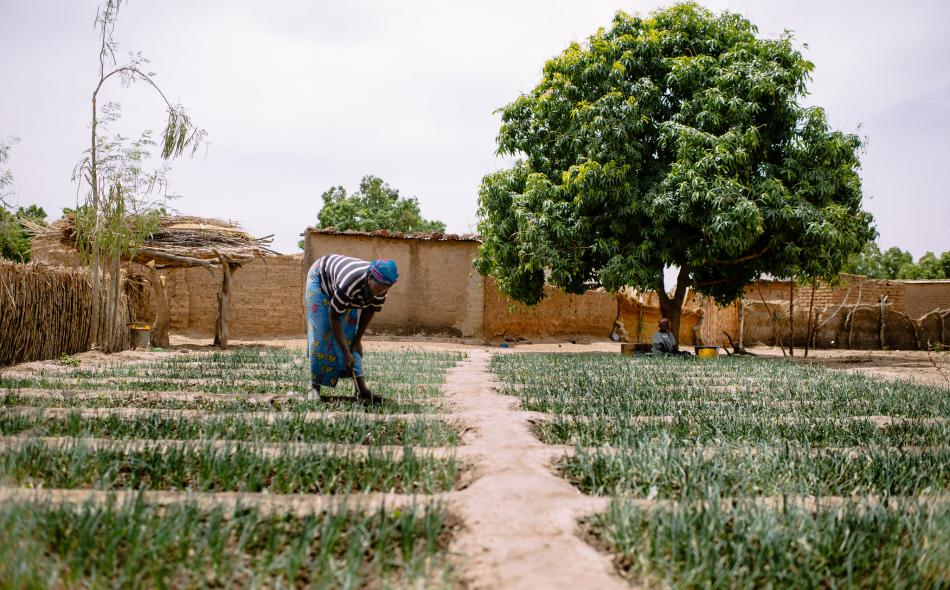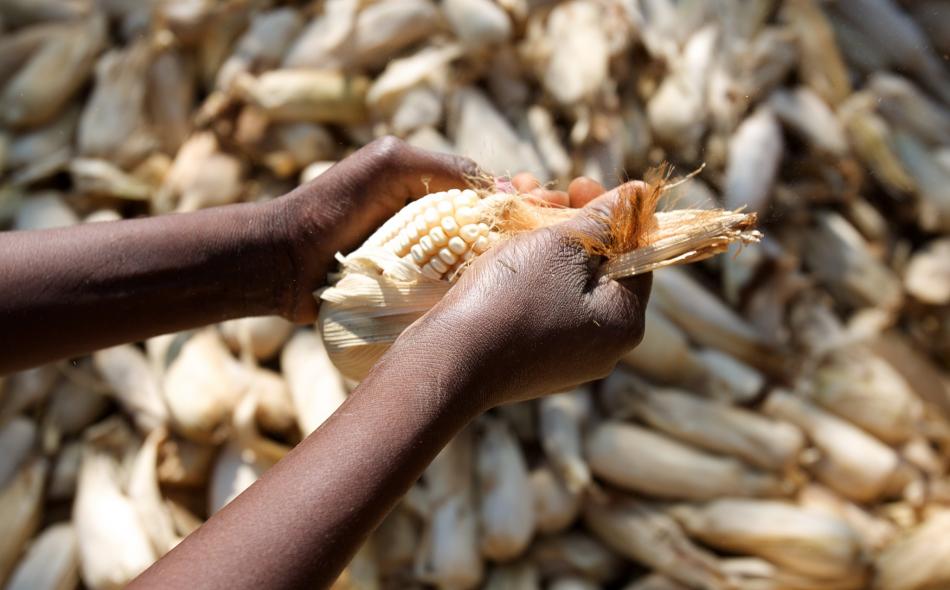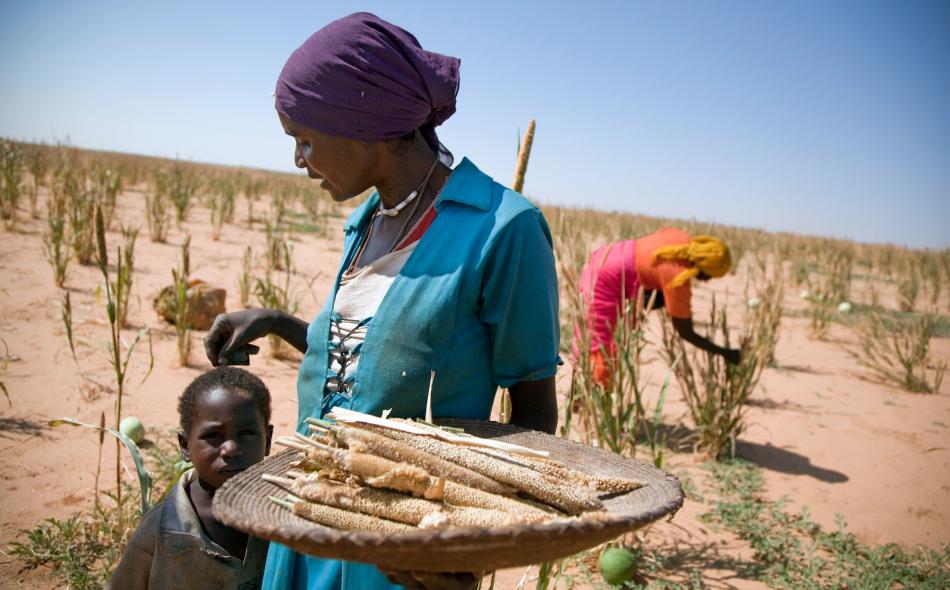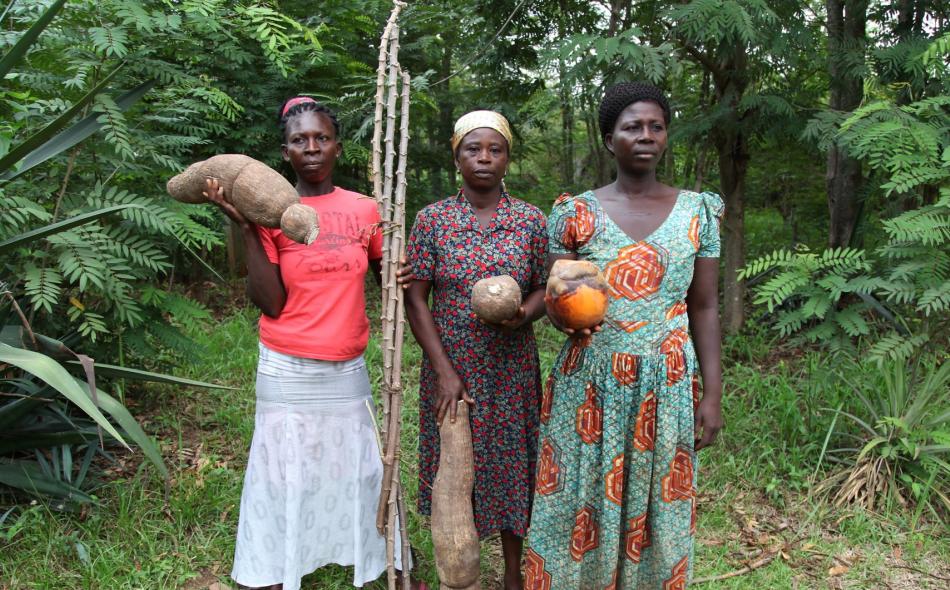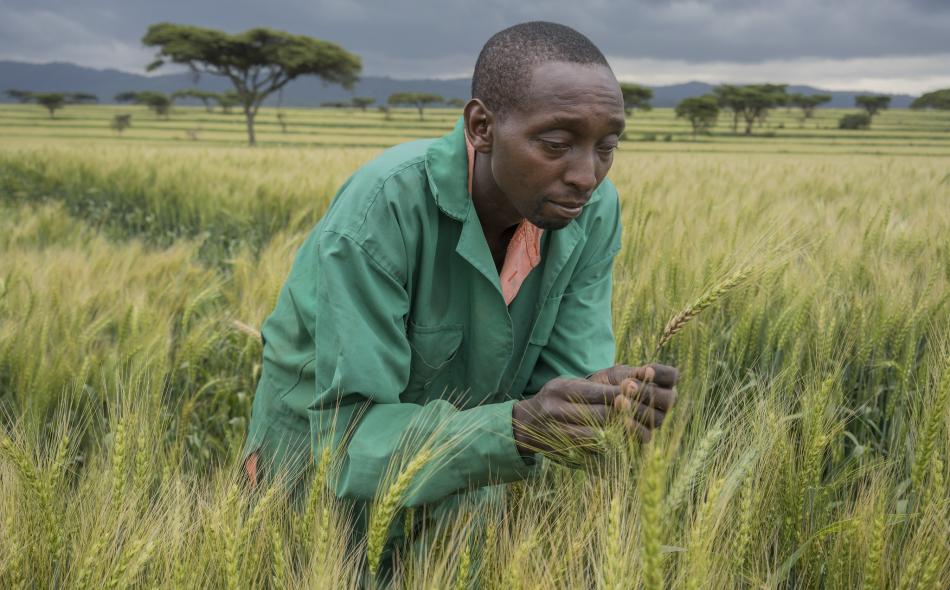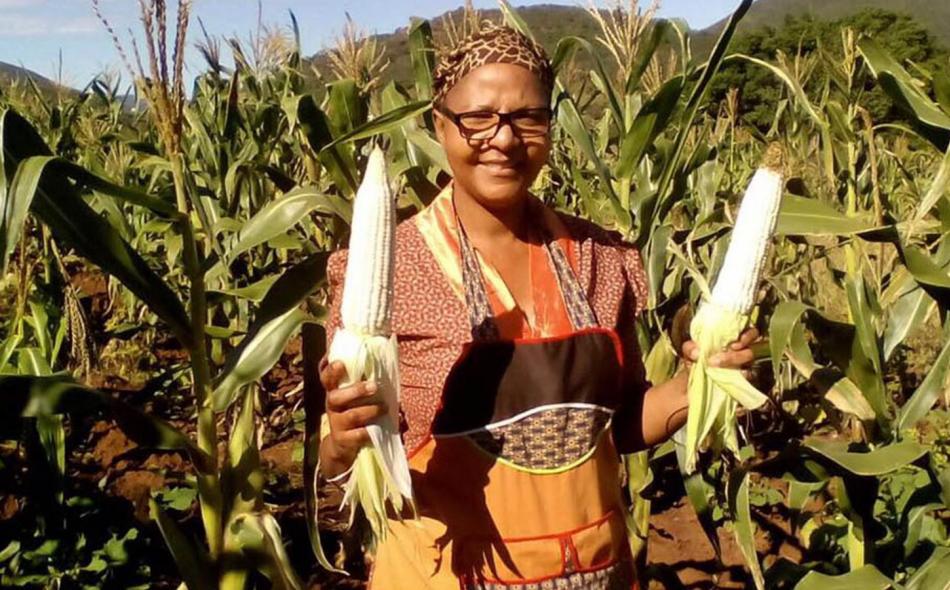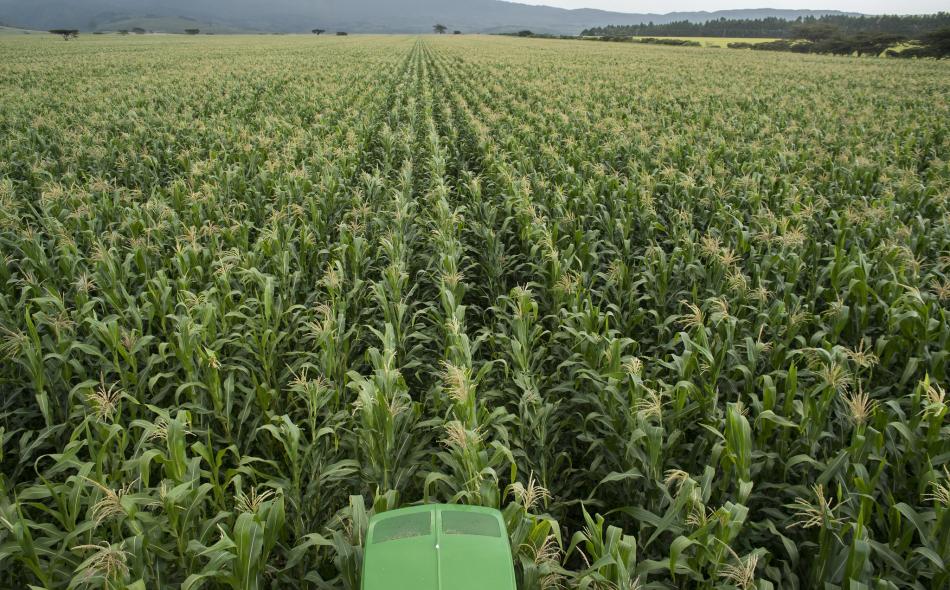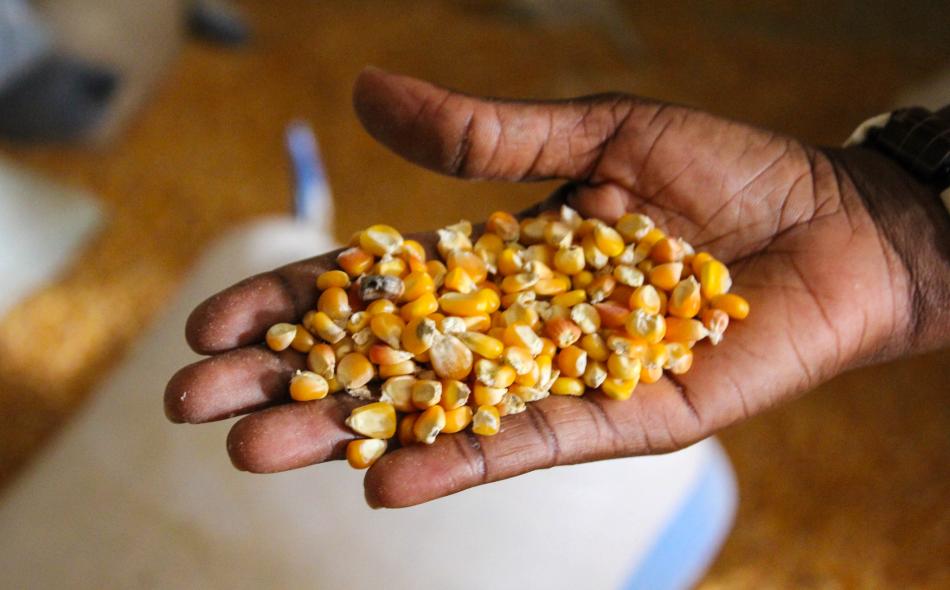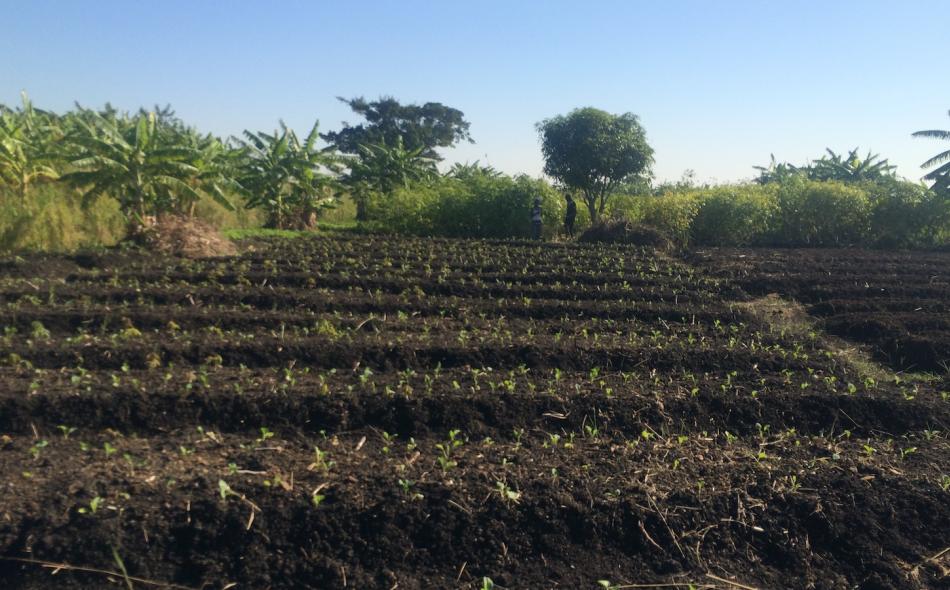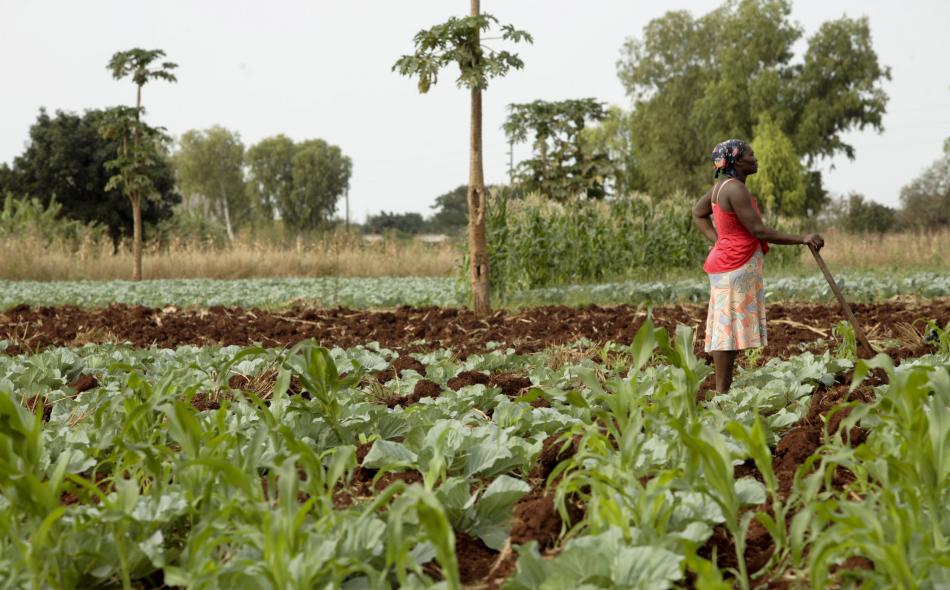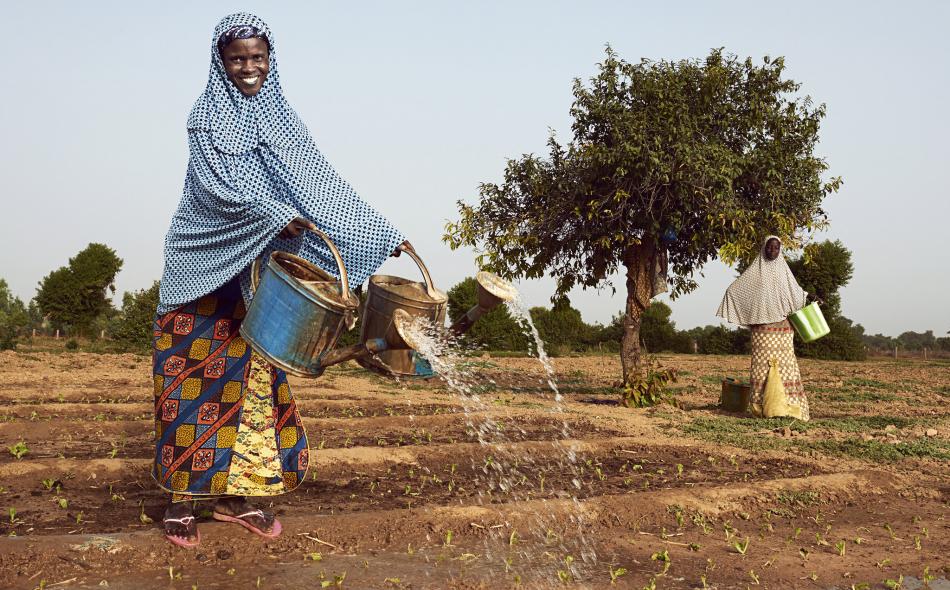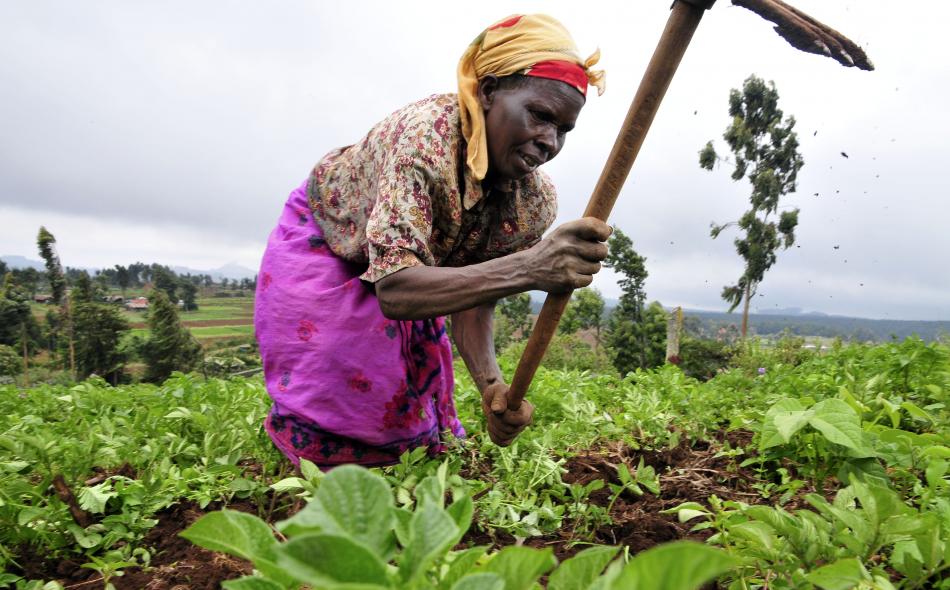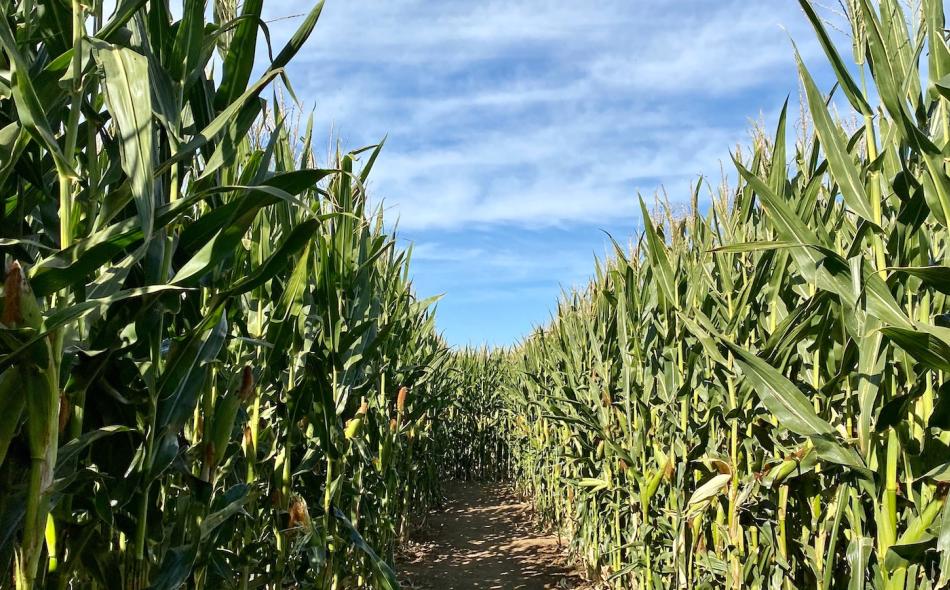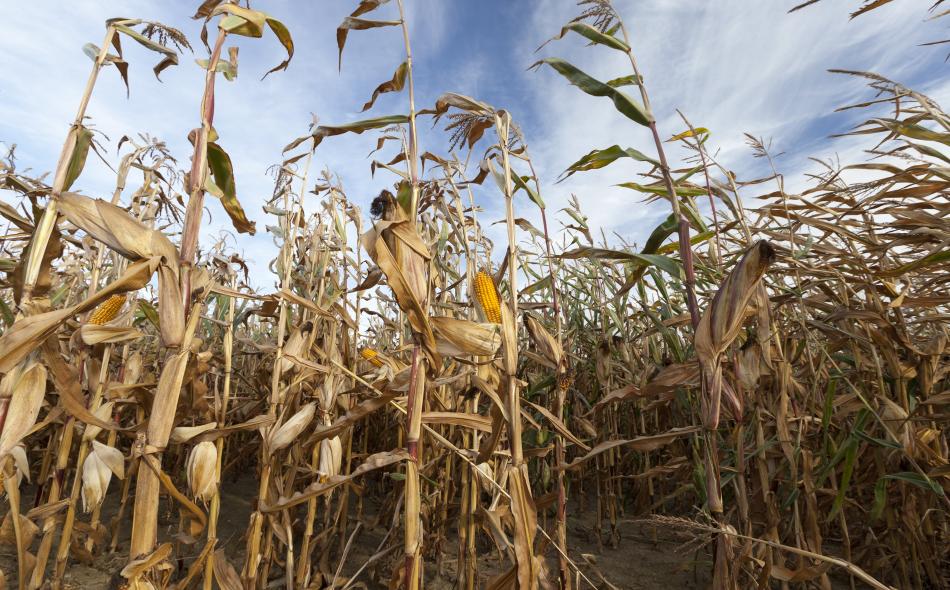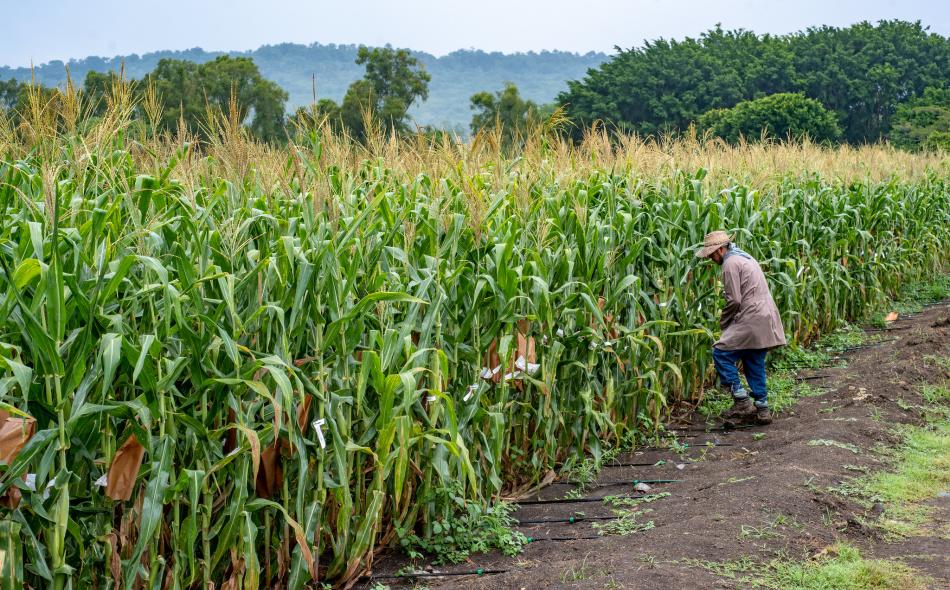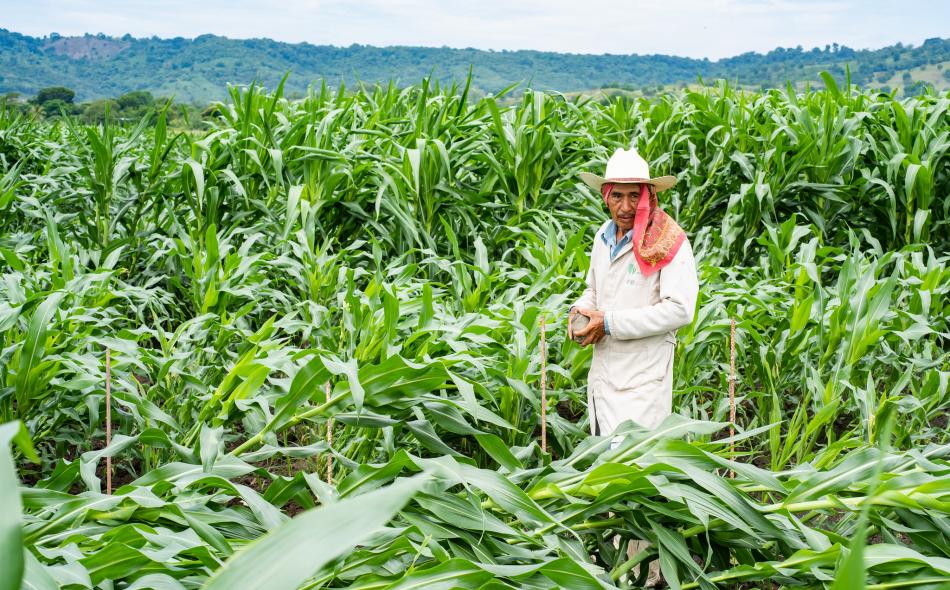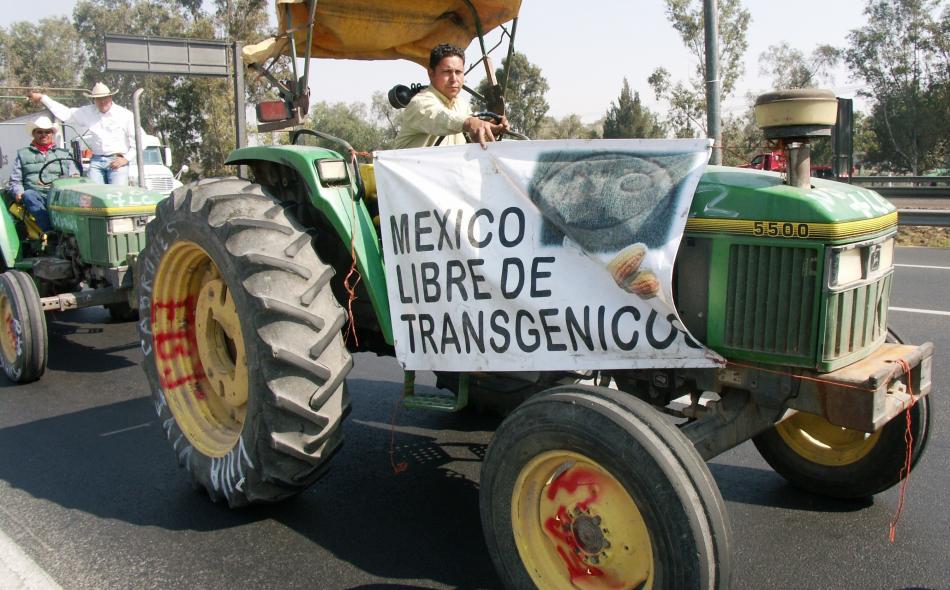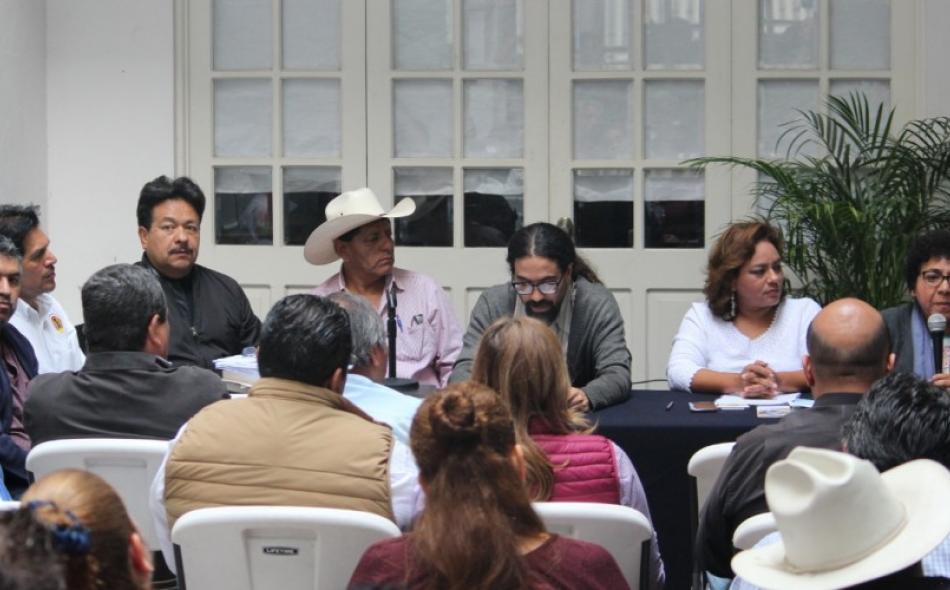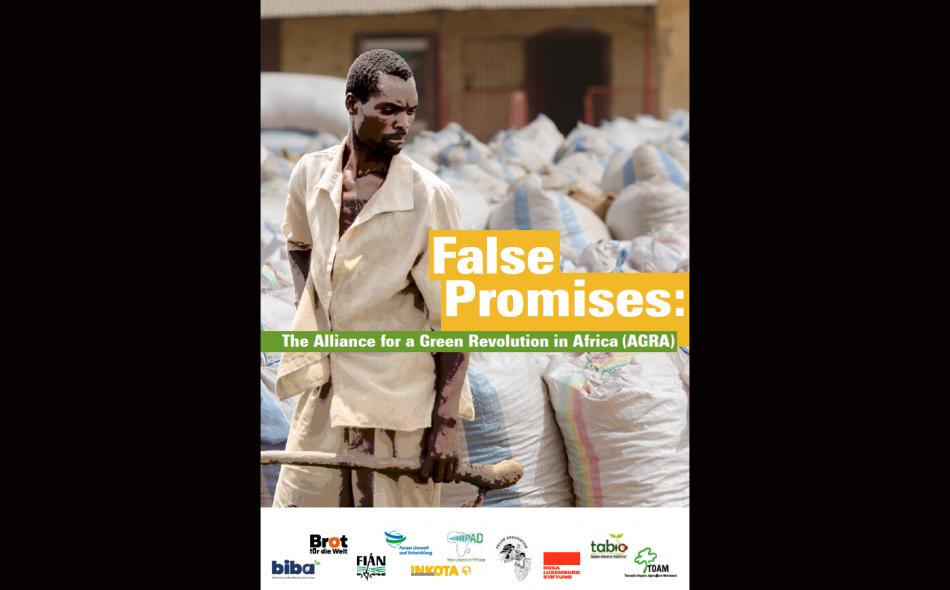Climate change has highlighted the precarious nature of global food systems, and the 2020 pandemic has only pushed those systems closer to the edge. Leading U.N. agencies have recognized that “business as usual” in agriculture and food policies is no longer an option, opening new paths for progress toward agroecology and other climate-resilient sustainable food systems. Longtime IATP collaborator Timothy A. Wise has joined IATP as a senior advisor to explore these issues, based on his widely acclaimed 2019 book, Eating Tomorrow: Agribusiness, Family Farmers, and the Battle for the Future of Food. As family farmers and consumers advocate for just, resilient and healthy farms and food, from Iowa to India, Mexico to Mozambique, they face the concentrated power of agribusiness firms defending their right to conduct business, as usual.
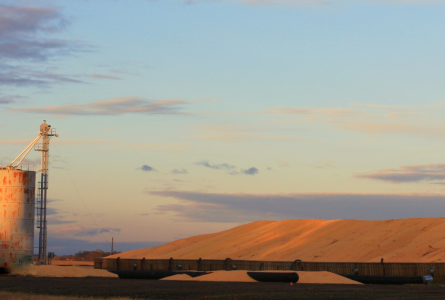

Swimming against the tide
In the News
- Mexico to Ban Glyphosate, GM Corn Presidential Decree Comes Despite Intense Pressure from Industry, U.S. Authorities — IPS News
- Africa’s Farmers: Key to Solving Malnutrition — Food Tank
- Failing Gates Green Project, Failing Trump Sanctions, Failed US Health Policies Cause Disparities — Sputnik News
- Weekend reading: more reports — Food Politics
- The Gates Foundation’s ‘Green Revolution’ in Africa: Agribusiness wins, small scale farmers lose — San Francisco Bay View
- False Promises — Rose Luxemburg Stiftung Podcast
- Timothy Wise - Eating Tomorrow — The Future of Food Podcast
- Interview with Timothy A. Wise — In the Cage
- #HUNGERFORJUSTICE Broadcast Recording: Decolonizing Africa's Food Future — A Growing Culture
Timothy A. Wise, author
Eating Tomorrow: Agribusiness, Family Farmers, and the Battle for the Future of Food
The New Press (Feb. 2019)
Timothy A. Wise is a senior advisor at IATP, where his work focuses on agribusiness, family farmers and the future of food, based on his recent book, Eating Tomorrow: Agribusiness, Family Farmers, and the Battle for the Future of Food (The New Press). Tim has a long history of collaboration with IATP on issues including agricultural dumping, U.S. agricultural subsidies and policies, responses to the 2007-8 global food crisis, the WTO and Mexico under NAFTA. He is a senior advisor with the Small Planet Institute, where he directed the Land and Food Rights Program from 2016-2020. He is also a senior research fellow at Tufts University’s Global Development and Environment Institute, where he founded and directed its Globalization and Sustainable Development Program. He previously served as executive director of the U.S.-based aid agency Grassroots International. He is the author of Confronting Globalization:Economic Integration and Popular Resistance in Mexico, in addition to Eating Tomorrow. He lives in Cambridge, Massachusetts.
Twitter: @TimothyAWise
Instagram: @TimothyAWise
Email: tim.wise[at]tufts.edu
Speaking invitations: tawise01(at)gmail.com, subject line: SPEAKER:
Order Eating Tomorrow: Agribusiness, Family Farmers, and the Battle for the Future of Food.
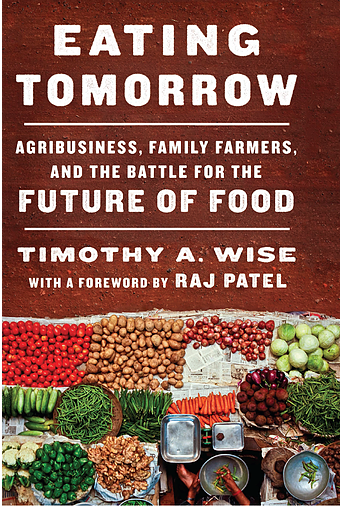
About Eating Tomorrow: Agribusiness, Family Farmers, and the Battle for the Future of Food
In Eating Tomorrow: Agribusiness, Family Farmers, and the Battle for the Future of Food, Timothy A. Wise takes us to remote villages to see how farmers are rebuilding their life-giving soils with more ecologically sound practices, using compost and manure to nourish a diversity of native crops instead of pouring expensive chemicals on imported monocultures. They are growing more and better food; together they can feed a hungry world. Their efforts are helping to supplant industrial agriculture, which contributes nearly one-third of the world’s greenhouse gas emissions. But they are starved for support. From India to Iowa, Mexico to Malawi, Eating Tomorrow reveals how national leaders and international institutions consistently favor large-scale, high-input, industrial agriculture, overlooking the sustainable solutions small-scale farmers offer them.
In the tradition of Michael Pollan and Wenonah Hauter, Eating Tomorrow challenges the unhealthy agribusiness control of our food and health and reminds readers that we already grow enough food to feed 10 billion. Timothy A. Wise exposes the harsh realities of land-grabbing, the corporate threats to supplant farmers’ native seeds with GMOs, the economic shock of free trade to rural communities, the meager hunger-reducing impacts of “green revolution” seeds and fertilizers, and the ravages of climate change on vulnerable family farmers.
Access all of Tim's work on his author site.
Climate Change
Wise has documented the severe impacts of climate change from Southern Africa to Iowa. Drought and flood are the evil twins of climate change, and their growing frequency and intensity are devastating farmers, who seek ways to adapt their farms and livelihoods to more resilient practices. In the United States, proposals for a Green New Deal call for a shift to regenerative farming that sequesters rather than emits carbon and other greenhouse gasses. In the Global South, farmers advocate for a shift from input-intensive, fossil-fuel-based farming to agroecology, which both mitigates and adapts to climate change. Agribusiness firms, who profit from current practices, are the greatest obstacle to such reforms.
Access more of Tim's work on Climate Change on his author site.
Africa's Food Future
Africa is where the battle for the future of food is the most urgent. It is where hunger is pervasive, soils are depleted, agricultural productivity is low and climate change is projected to wreak havoc on poor farmers. It is also where the Bill and Melinda Gates Foundation and other international donors are aggressively trying to export the high-input Green Revolution model of agriculture. Wise continues to expose the many ways in which the Alliance for a Green Revolution in Africa is failing even on its own terms, failing to increase productivity, incomes and food security for smallholder farmers in Africa. (See IATP's Beyond Africa's Green Revolution page for more information.) Land and food rights are at stake for Africa’s small-scale farmers, who seek a more sustainable path, relying on agroecology to build a more climate-resilient future.
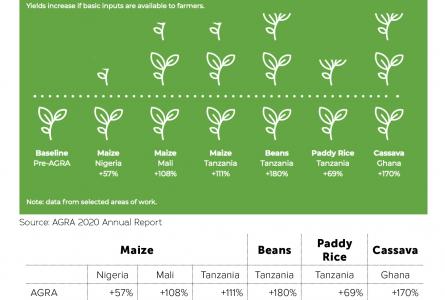

Access more of Tim's work on Africa's Food Future on his author site.
Mexico Under NAFTA
Rich-country governments have long promoted trade rules that favor multinational agricultural export firms, from the North American Free Trade Agreement (NAFTA) to the World Trade Organization. Such policies have resulted in the widespread “dumping” of below-cost agricultural exports on developing countries, undermining local farmers with unfair competition. Wise has estimated the high costs to Mexican farmers of U.S. dumping of agricultural crops and meats after NAFTA at nearly $13 billion through 2005. U.S. corn exports increased more than 400%, exported at 19% below the costs of production, resulting in 66% drop in producer prices in Mexico. A revised NAFTA does nothing to correct these problems and threatens to undermine the Mexican government’s promising efforts to promote food self-sufficiency. Wise is following Mexico’s new agricultural initiatives based on his two book chapters on NAFTA and on GM corn in Mexico.


Swimming against the tide
Access more of Tim's work on Mexico Under NAFTA on his author site.
Beyond Agricultural Subsidies
Since 2000, Wise has focused on U.S. agricultural policies and their impacts on farmers in developing countries. His research has shown that U.S. agricultural subsidies are not the primary cause of agricultural dumping; instead, agricultural policies (including subsidies) that encourage overproduction of commodity crops such as corn drive down prices below the costs of production. He has also shown that the main beneficiaries are not U.S. farmers, who see prices depressed by such policies, but agribusiness firms, which benefit from maximum sales of their inputs and others that cash in on farm goods sold below the costs of production. This has fed the rise of industrial livestock firms that get an “implicit subsidy” for their feed costs.
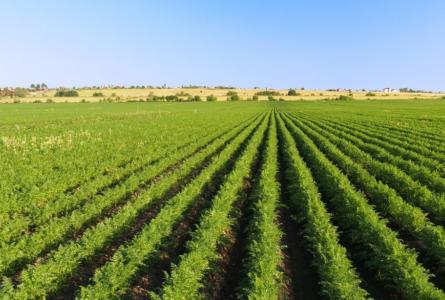

Access more of Tim's work on U.S. Agriculture Policy on his author site.
Feeding the Factory Farm
Since the U.S. government formally abandoned its efforts to manage supply and support farm prices, prices for feed and other crops plummeted. Prices for corn and soybeans in many years have been below the costs of production, with the government partially making up farmers’ losses with subsidies. But the real beneficiaries of these policies that encourage overproduction are consumers of these crops, particularly industrial livestock firms, for whom feed costs are their highest operating cost. Wise and colleagues have called this an “implicit subsidy” to factory farms, giving such operations an unfair advantage over diversified farms that grow their own feed grains. In a series of publications, they estimated the savings large livestock firms received from this implicit subsidy at $35 billion from 1997-2005.
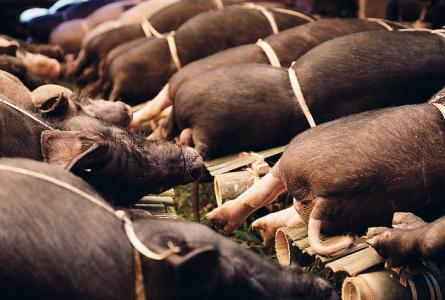

Access more of Tim's work on Feeding the Factory Farm on his author site.
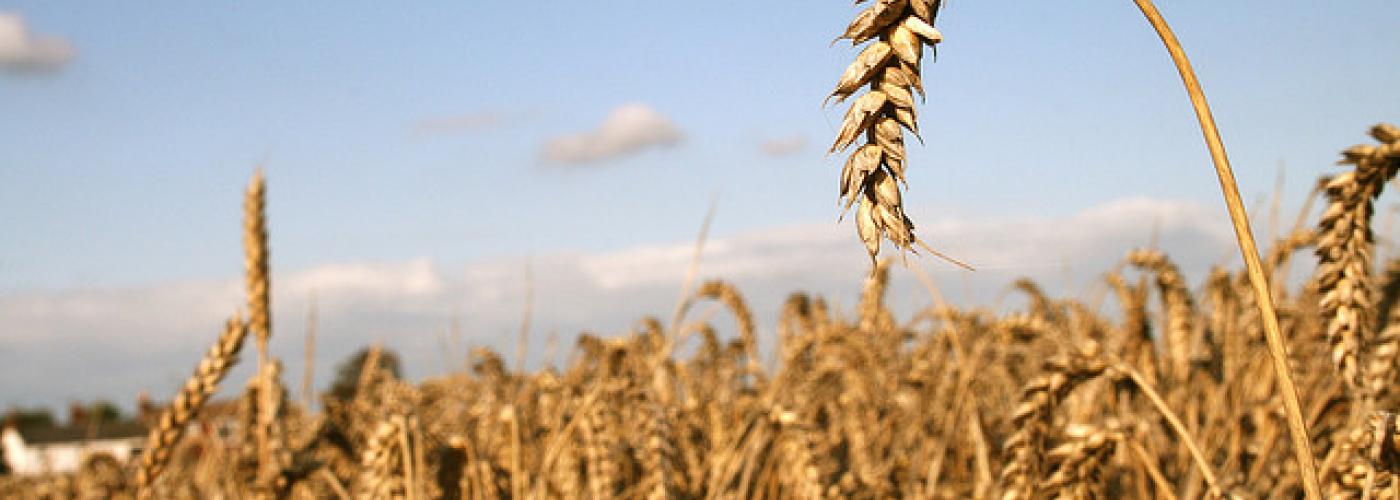
The Future of Food in your inbox.
Subscribe to Tim Wise's the Future of Food newsletter to receive updates.

